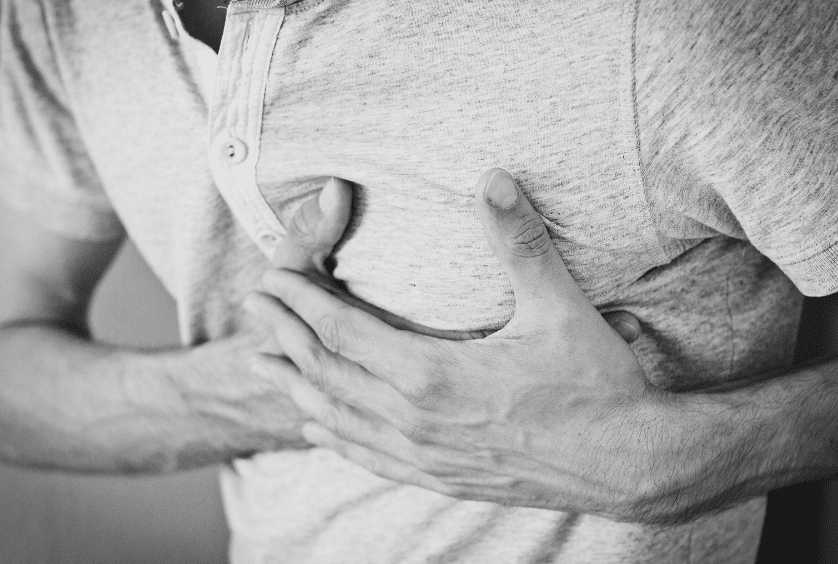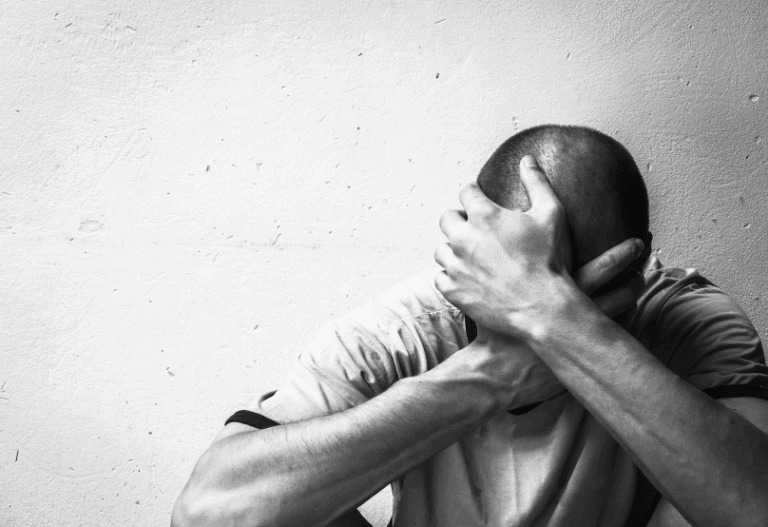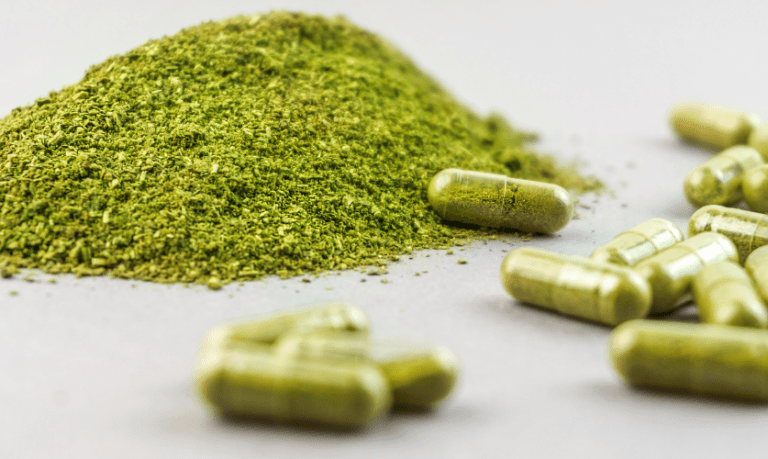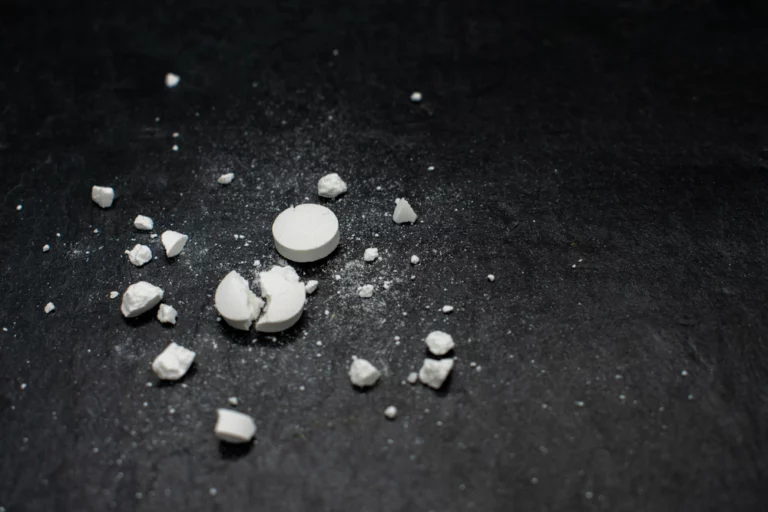What to do in the event of a Cocaine Overdose
Overdose is one of the big fears when someone is abusing drugs like cocaine. Because cocaine is increasingly cut with other substances like the synthetic opiate fentanyl, overdose rates have spiked dramatically in recent years. If someone you care about is abusing cocaine, Oasis Recovery can help them break the cycle of abuse. Reach out to us today and to speak with a specialist about our detox, relapse prevention, and cocaine addiction treatment programs tailored to fit your individual needs.
What Happens When a Person Overdoses on Cocaine?
Common signs and symptoms associated with cocaine overdose can include:
- Intense anxiety
- Extreme agitation
- Anger
- High blood pressure
- Increased heart rate
- High body temperature
- Irregular breathing
- Chest pain
- Profuse sweating
- Vomiting
- Paranoia
- Delirium
- Hallucinations
- Seizures

Risk Factors for Cocaine Overdose
First time use is always a risk factor as a person does not know their tolerance or how their body and mind will respond to the drug.
Those who regularly abuse cocaine may be overconfident and ask recklessly. There can be a tendency to overestimate a person’s own tolerance.
One batch may be unusually stronger or may be tainted as a result of being cut with other drugs including fentanyl. Combining cocaine and stimulants with other drugs, especially opioids, can be extremely dangerous. The abundance of cheap fentanyl and increase in drugs found to be laced with fentanyl has resulted in record-breaking overdoses and overdose-related deaths in recent years.
Those with a cocaine abuse disorder are more likely to go on “binges” where they use large amounts of the drug over a period of many hours. This dramatically increases the risk of side effects and negative outcomes.
What To Do in the Event of a Cocaine Overdose?
Immediately Call 911.
Turn a person who is believed to have overdosed on their side in case they vomit. A person can choke on their own vomit and die.
Move anything in the surrounding area that could be dangerous away from the person. This is partly because they could fall on the object and partly because they may react with aggression and in other unpredictable ways.
Do not put anything in an overdosed person’s mouth.
If a person remains conscious, attempt to keep them awake and talking. Try to keep them occupied until emergency services arrive to take over the situation.
When emergency services arrive, they are likely to ask questions. It’s important to be honest and provide as much information as possible about the person’s drug use, their daily habit, and other substances they have used or may have been using at the time of overdose. This information could help save a person’s life.
Reasons for Cocaine Overdose Deaths
Studies have shown that fatal cocaine overdoses usually relate to:
- Seizure
- Cardiac arrhythmia
- Respiratory failure
In some instances, cocaine deaths that result from overdose can be related to:
- Brain hemorrhaging
- Stroke
- Hyperthermia
- Kidney failure
Contact Oasis Recovery about Cocaine Treatment Today
If you or someone you care about is struggling with a cocaine abuse disorder, we encourage you to reach out to Oasis Recovery today to learn more about taking steps towards recovery. Early intervention is always best but it’s important to keep in mind that it’s never too late to find lasting sobriety. Our cocaine addiction treatment program treats the whole body. Our medical physicians and mental health therapists work together with clients to create a treatment plan that focuses on both the mind and the body in order to promote overall well-being. Contact us today and speak with a specialist about our personally tailored treatment plans designed to fit the specific needs of our clients.










